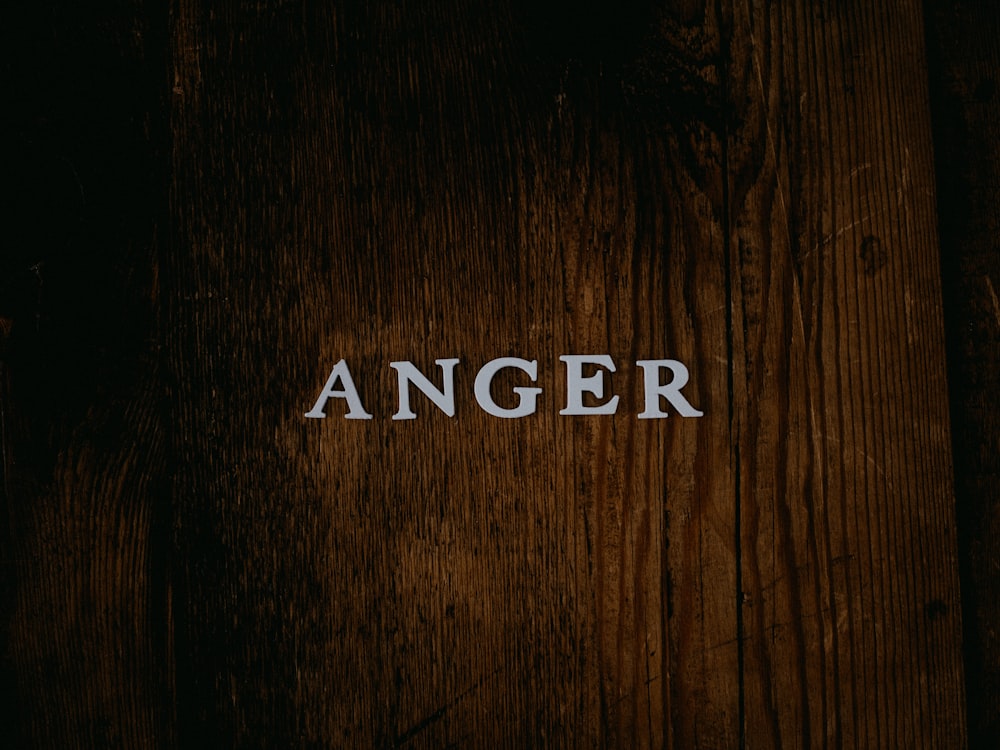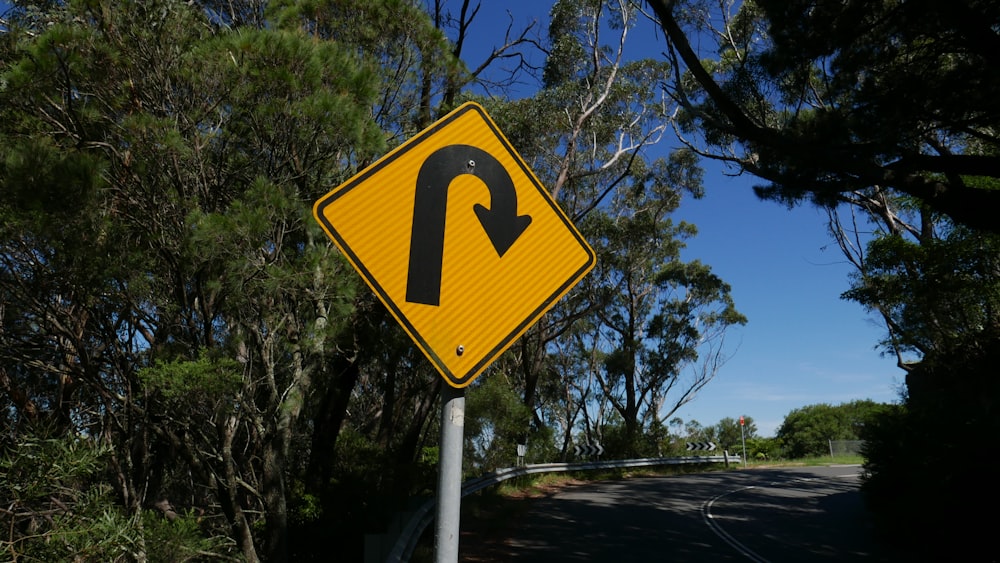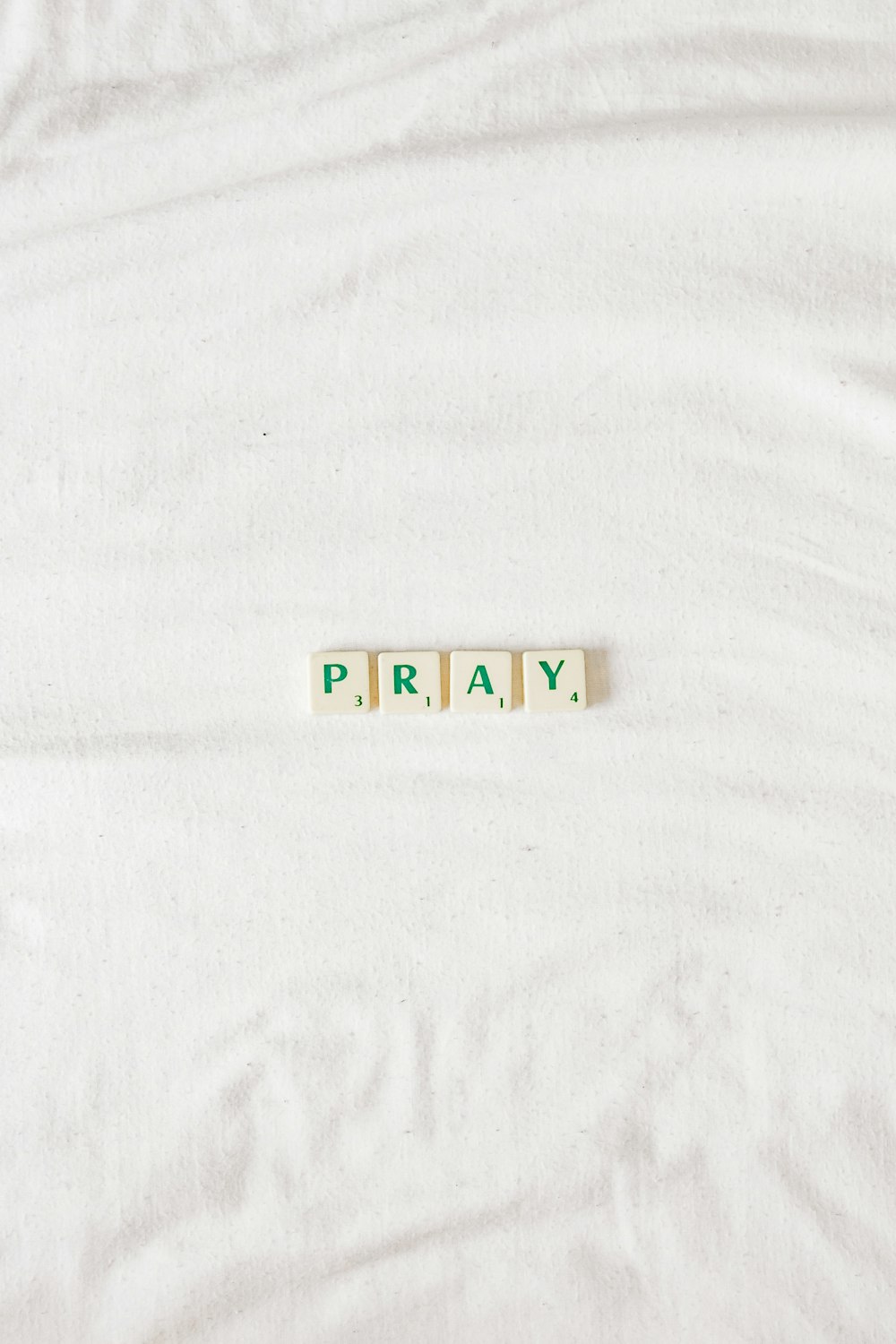To one degree or another, all of us carry around shame—from things we’ve done and things that were done to us; things we’ve said and things said to us; things we wished we had done and things we wish that others had done. Shame shows up in all kinds of places and all kinds of people.
We often overlook how much shame shapes our identity and our lives. It becomes a driving force in our lives, affecting how we work, and how we relate to others and God. As we grow older, it keeps us from experiencing joy in our most important relationships.
Shame can come from many places.
It comes from the guilt of things we haven’t dealt with in the past or present. The addiction or hidden sins, the abuse or the affair, the missed opportunities or the things we’ve said or not said.
It comes from our failures to live up to certain dreams or expectations of others. It comes from embarrassment around moments in our lives.
The question isn’t if you and I have shame; we all do. But what do we do with it?
It wasn’t until working on a sermon on John 2 that I began to see the significance of Jesus’ first miracle. A miracle that, according to Tim Keller, was more than simply fixing a social oversight, but has so much more going on.
During this time, marriage was an enormous event. The entire town would be invited, and the celebration would last for up to a week. This was not simply about the couple but was a sign of the strength of the town and community.
For the wine to run out was not a simple party oversight. This would be seen as an insult to the town and the guests. The ramifications of this happening could be felt for decades to come regarding standing in the community, business dealings, and overall appearance. The shame heaped upon this family would be no small thing. In the same way, the shame in our lives that we carry around often comes from things in our family’s past. We feel the effects of an abusive grandfather we have never met, or an alcoholic grandmother whispered about.
But Jesus didn’t just change water into wine to save this family from embarrassment and shame.
For the Jewish people, weddings were a sign of the Messiah. Weddings were a picture of his coming, of what heaven would be like. There were also prophecies in Joel, Hosea, and Amos indicating that wine would flow freely over a barren, dry land from the Messiah (Joel 2:24; 3:18; Hosea 14:7; Amos 9:3). This imagery would not be lost on the Jews who saw this miracle.
John also points out that Jesus had them fill up purification jars. This was not what they normally used for wine, as these were the jars the Jews used to cleanse themselves to worship God, enter the temple, and purify them. Jesus, at a wedding, which is a picture of the Messiah coming, with wine. Using purification jars to make one right with God, turning guilt and shame into joy.
Later in the Gospels, Jesus will bring his disciples together for a Passover meal, hold up wine and declare it his blood (Matt. 26:28). Then, in Revelation 21, John tells us that when Jesus returns, it will be as a bridegroom at a wedding (Rev. 21:2).
Here are six ways to move forward from your shame:
1. Name your shame. If you don’t name something, it takes ownership of you. This is a crucial step. It would help if you named the hurt, the guilt, the shortcoming, the impropriety, the embarrassment, the abuse, the loss, the misstep, the sin. If you don’t, you stay stuck.
I’ve met countless people who couldn’t name an ex, name the situation of hurt or talk about something. This doesn’t mean that you are a victim or wallow in your pain, but naming something is crucial. Without this first step, the others become difficult to impossible.
The saying, “Whatever we don’t own, owns us,” applies here. This is a crucial step.
2. Identify the emotions attached to it. We are emotional wrecks when we are hurt and can’t see a way forward. All we know is that we are hurt, that life isn’t as we’d hoped, but we aren’t sure what to do.
What emotions are attached to your shame? Is it guilt? Loss? Failure? Missed opportunity? Sadness? Hopelessness? Indifference?
Name them.
Name the emotion that goes with your abuse, abandonment, divorce, failed business, dropping out of school, not meeting your expectations, or the expectations of someone else.
We often feel shame when we have a different emotion attached to it, but shame is far more familiar. Do you feel neglected or hurt or sad? What emotion is conjured up from the memory?
3. Confess the sins that are there. Do you always have sin when you feel shameful? No. Sometimes it is a misplaced shame. It is a shame you have no business owning. You didn’t sin; someone else sinned against you.
Sometimes, though, there is a sin on your part. You may have sinned, and that’s why you feel shame. Sometimes your sin might be holding on to that person or situation.
Sometimes you need to confess that your shame keeps you from moving forward and is keeping you stuck.
Bring those sins to light.
4. Grieve the loss. When we have shame, there is a loss. This loss might be a missed opportunity or missed happiness. It might be bigger than that and be a missed childhood, a loss of your 20’s, a loss of health or job opportunity.
It might be a relationship that will never be, something you can never go back to.
As you think about your shame, what did you lose? What did you miss out on? What did that situation prevent you from doing or experiencing? What hurt do you carry around? What will never be the same because of that situation?
5. Name what you want. This one is new for me, but it has to do with your desires.
Often the reason we stay stuck is that we know what stuck is. We don’t know what the future holds. Beyond that, we don’t know what we actually want.
We carry shame around from a relationship with a father who walked out. Do you want a relationship? Do you want to be in touch?
We carry shame from a failed business. Do you want to get back in the game?
Can you name what you want in the situation associated with your shame?
Sadly, many people cannot.
If you can’t name what you want, you will struggle to move forward if you can’t identify a desire.
6. Identify what God wants you to know about Him. When we carry around shame, we carry around a lie. In identifying that lie, we identify the truth that God wants us to know about Him.
If you feel unloved, the truth that God wants you to know is that you are loved. If you feel unwanted, God wants you to know you are wanted. If you feel dirty, God wants you to know the truth that in Him, you are clean.
Throughout scripture, we are told that God is a Father, that He is as close to us as a mother nursing her child, that God is compassionate, slow to anger, abounding in love, gracious, tender, strong, and for us.
The list goes on and on.
In that list, though, is the truth, the antidote to your shame, and what you need to remind yourself of to move forward and live into the freedom of Jesus.
Freedom is hard.
Let’s be honest, freedom is difficult. Living in sin, shame, guilt, and regret is easy. It is what we know. It is where most people live and reside.
Freedom is scary. Freedom is unknown. Freedom leaves us vulnerable. Freedom leaves us not in control.
Yet, this is what it means to be a child of God. To live in freedom. Overflowing freedom.










